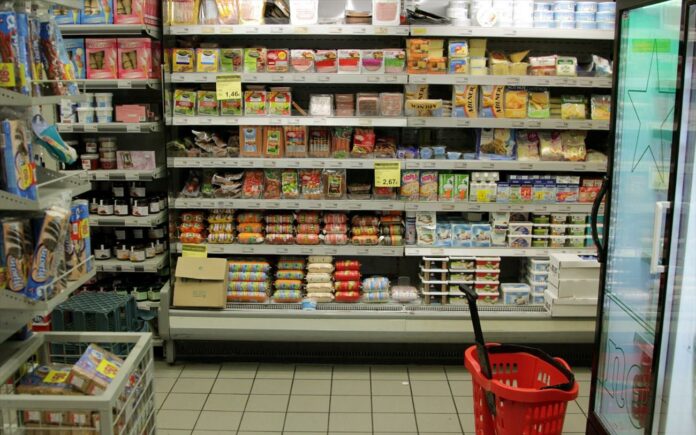The prices of basic consumer goods remain high, with food prices rising by 11.6% compared to 11.4% in April and 11.3% in March, indicating that high prices will stick around.
Meanwhile, conditions remain volatile in industry and retail despite the apparent de-escalation of the energy crisis.
The climate in primary and secondary materials as well as transportation costs continues to be uncertain, affecting new agreements with suppliers and leading to very conservative movements in terms of pricing and other commercial policies.
Products manufactured at increased costs make it “prohibitive” to reduce wholesale prices. In this context, forecasts for the course of consumer prices for basic necessities remain very conservative.
Multinational companies seem to maintain the strategy of revaluations to shield their profitability while Greek companies try to “balance” the viability indicators by avoiding new revaluations.
For the Greek consumer, the prices of basic food items are 11.6% higher compared with last year when the price index had already touched record levels and the price index in the food sector recorded an increase of 12.1%.
Consequently, even the effort to keep the price stable signals a “stagnation” in the household basket.
In fact, both the data and the “messages” from the market indicate that the de-escalation of high prices will delay.
The quality of tourism this summer is also important for the course of prices, in addition to the maintenance of an apparent “stability” in the markets in the coming months.














